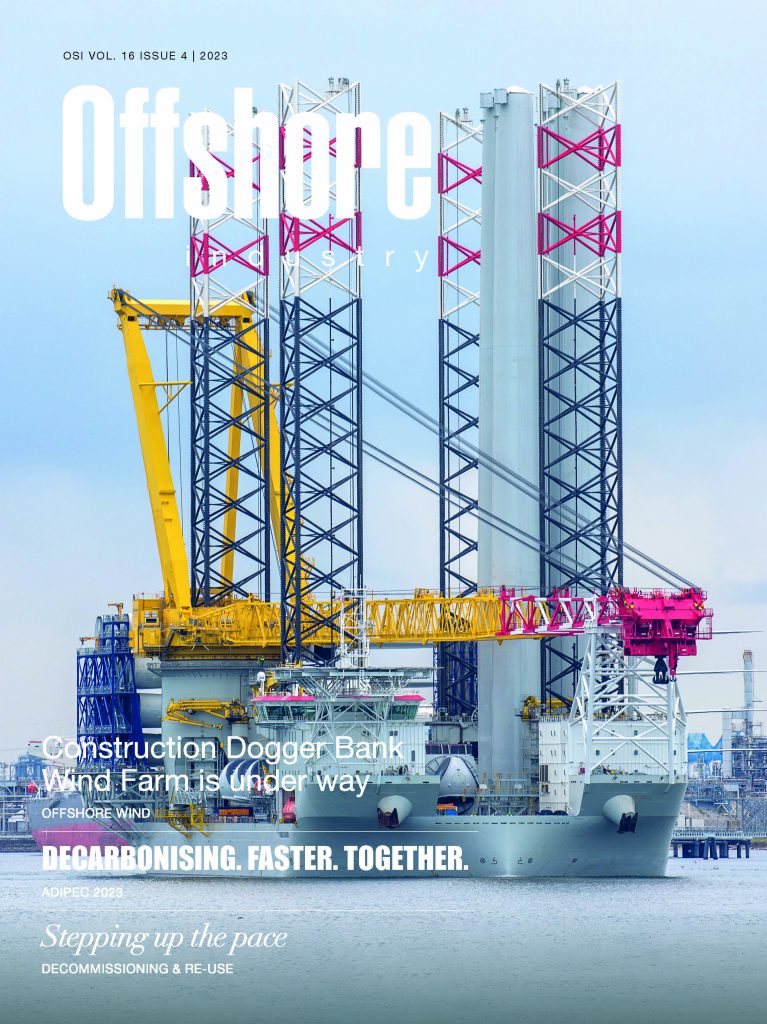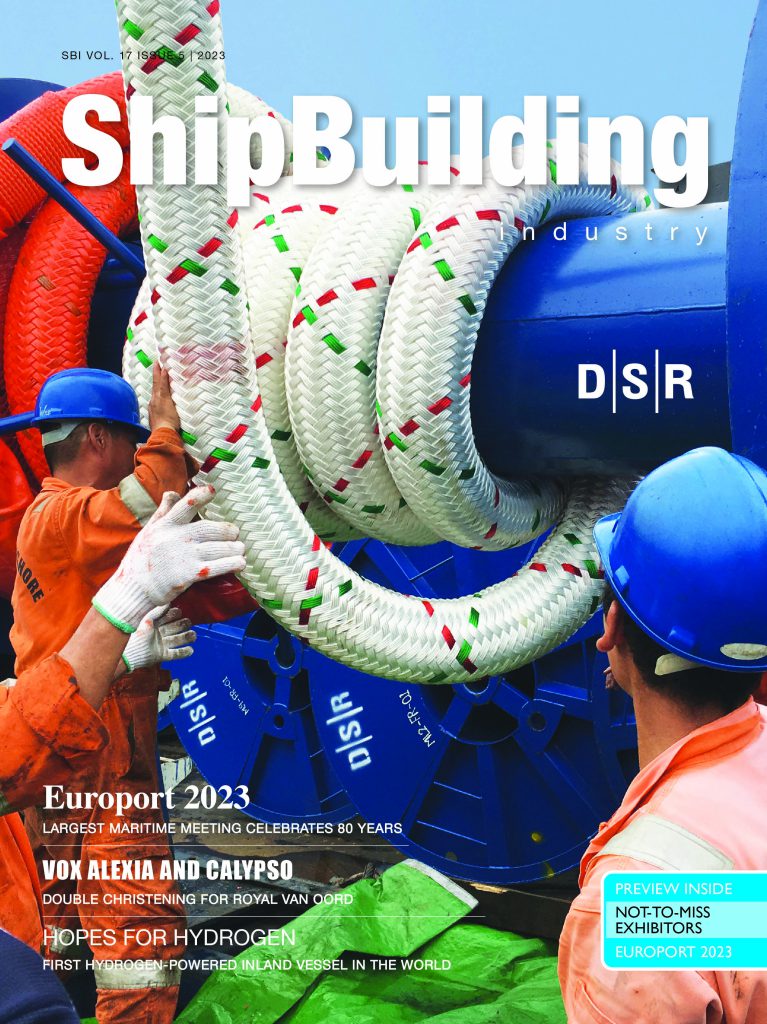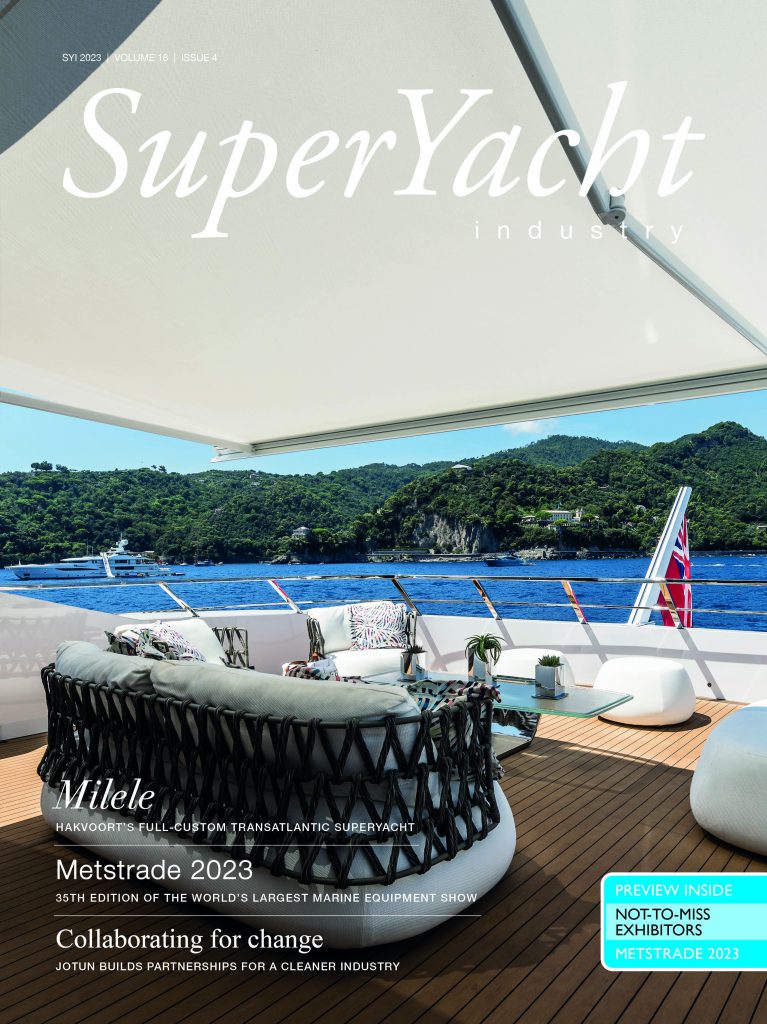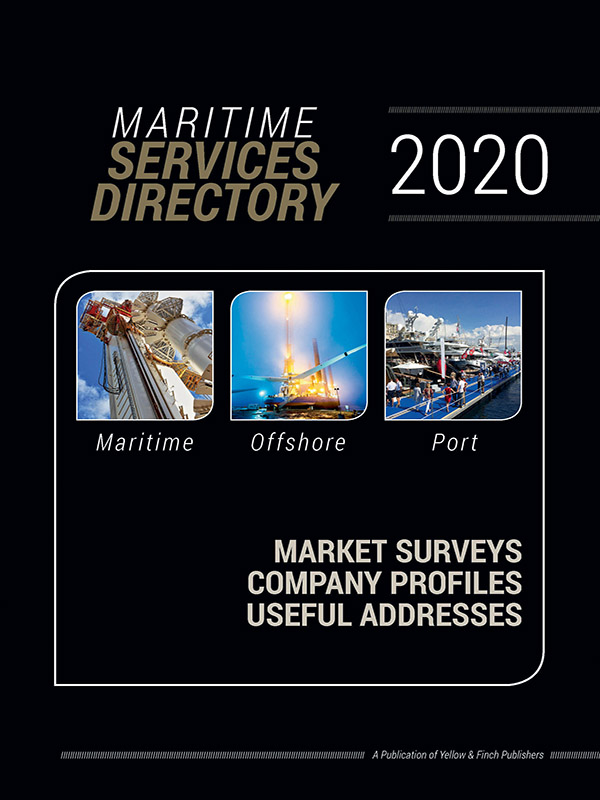Wärtsilä & ABB To Cut Diesel Engine Emissions
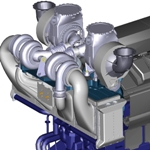 Wärtsilä and ABB Turbo Systems are co-operating in a joint development programme for a new and groundbreaking application of two-stage turbocharging on large diesel engines. Advanced engine technology, together with two-stage turbocharging, offers significant advantages in fuel consumption and engine emissions.
Wärtsilä and ABB Turbo Systems are co-operating in a joint development programme for a new and groundbreaking application of two-stage turbocharging on large diesel engines. Advanced engine technology, together with two-stage turbocharging, offers significant advantages in fuel consumption and engine emissions.
The application of two-stage turbocharging technology on Wärtsilä diesel engines has been developed through close co-operation between Wärtsilä and ABB Turbo Systems. In this programme, Wärtsilä is focusing on developing advanced engine technology, which with the turbocharger, is able to reach the highest possible performance and become a cost-effective commercial solution for its customers. ABB Turbo Systems is delivering the turbocharging technology with defined performance in terms of airflow, pressure ratios and efficiency.
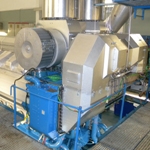 In the new engine design, two turbochargers are arranged in series to generate increased air pressure, airflow and a superior turbocharging effect. This results in an efficiency rating of up to 76%t,which is extremely high. The increased air pressure, combined with the advanced engine technology, improves the engine output and power density by up to 10%t At the same time, both fuel consumption and carbon dioxide emissions are reduced.
In the new engine design, two turbochargers are arranged in series to generate increased air pressure, airflow and a superior turbocharging effect. This results in an efficiency rating of up to 76%t,which is extremely high. The increased air pressure, combined with the advanced engine technology, improves the engine output and power density by up to 10%t At the same time, both fuel consumption and carbon dioxide emissions are reduced.
Further emissions reduction can be achieved with additional engine systems or by the use of exhaust gas after-treatment. A precise combination of fuel consumption levels and reductions in carbon dioxide and NOx emissions can be selected through detailed systems configuration. Intelligent engine control allows optimum operation of the advanced engine design over the whole load range, and a significant reduction in NOx emissions can be reached. At high altitudes, 2-stage turbocharging technology guarantees the engine’s operational performance by compensating for the reduced air density.
Another driving factor in this development work has been to significantly lower lifecycle costs, and this target has been met. So too has the goal of lowering NOx emissions. The market potential for this technology in power plants is believed to be big. Similarly, the advanced technology for combustion control developed by Wärtsilä will be beneficial to the shipping market, when the market requirements are in place. Here, in addition to costs, the compactness and cost effective design are considered to be of importance. Calculations indicate that in certain power plant applications, the investment in advanced 2-stage engine technology could be regained in less than two years of operation.



